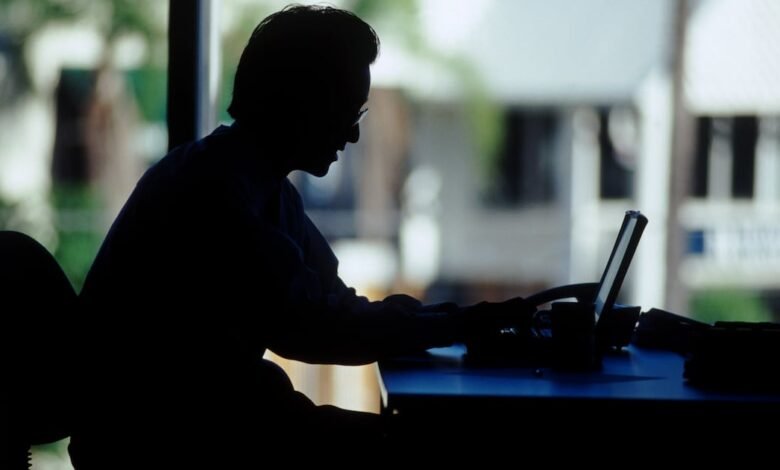Beware ‘Evil Twin’ Wi-Fi: Experts Warn of Security Risks

▼ Summary
– Steve Jobs popularized Wi-Fi in 1999, but its widespread use has made it vulnerable to cyberattacks, with over 12,000 breaches recorded in the UAE since early 2025.
– Wi-Fi’s convenience stems from its open nature, but this also makes it insecure, as public networks often lack encryption, allowing data interception.
– Hackers exploit Wi-Fi vulnerabilities by creating “evil twin networks” in high-traffic areas to trick users into connecting and stealing sensitive information.
– Experts advise using mobile data or personal hotspots instead of public Wi-Fi and keeping software updated to protect against data theft.
– Wi-Fi security should be treated as part of overall cyber hygiene, with businesses educating employees on the risks of connecting to untrusted networks.
The convenience of wireless internet has become a staple of modern life, yet this very accessibility opens the door to significant security threats. Public Wi-Fi networks, especially those in high-traffic locations like airports and shopping centers, often lack proper encryption, leaving users exposed to data interception and malicious attacks. Recent reports from the UAE’s Cyber Security Council indicate thousands of breaches already this year, highlighting the urgency of the issue.
Ivan Milenkovic of Qualys explains that the openness enabling Wi-Fi’s popularity is also its greatest weakness. Without encryption, anyone on the same network can potentially monitor online activity, a practice known as snooping. In more aggressive scenarios, hackers position themselves between a user’s device and the router, capturing everything from passwords to financial details.
A particularly deceptive tactic involves “evil twin” networks, where cybercriminals set up rogue access points with convincing names like “FreeAirportWiFi.” Unsuspecting users connect, granting hackers full visibility into their online behavior. Morey Haber of BeyondTrust warns that even as Wi-Fi standards evolve, older routers with unpatched vulnerabilities remain in use for years, creating persistent risks.
To protect sensitive information, experts strongly recommend avoiding public Wi-Fi whenever possible. Using a mobile data connection or personal hotspot is far safer for any activity involving personal or financial data. If public Wi-Fi is unavoidable, users should disable file sharing, keep software updated, and refrain from submitting personal details like names or email addresses when signing up.
Irina Artioli of Acronis emphasizes that Wi-Fi security isn’t just an individual concern, it’s a matter of collective cyber hygiene. Businesses must train employees to treat unsecured networks with the same caution as suspicious links, especially when using corporate devices.
While free internet access is tempting, the potential cost of compromised data makes caution essential. Staying on a cellular network or using a trusted VPN can significantly reduce exposure to these ever-present threats.
(Source: The National)